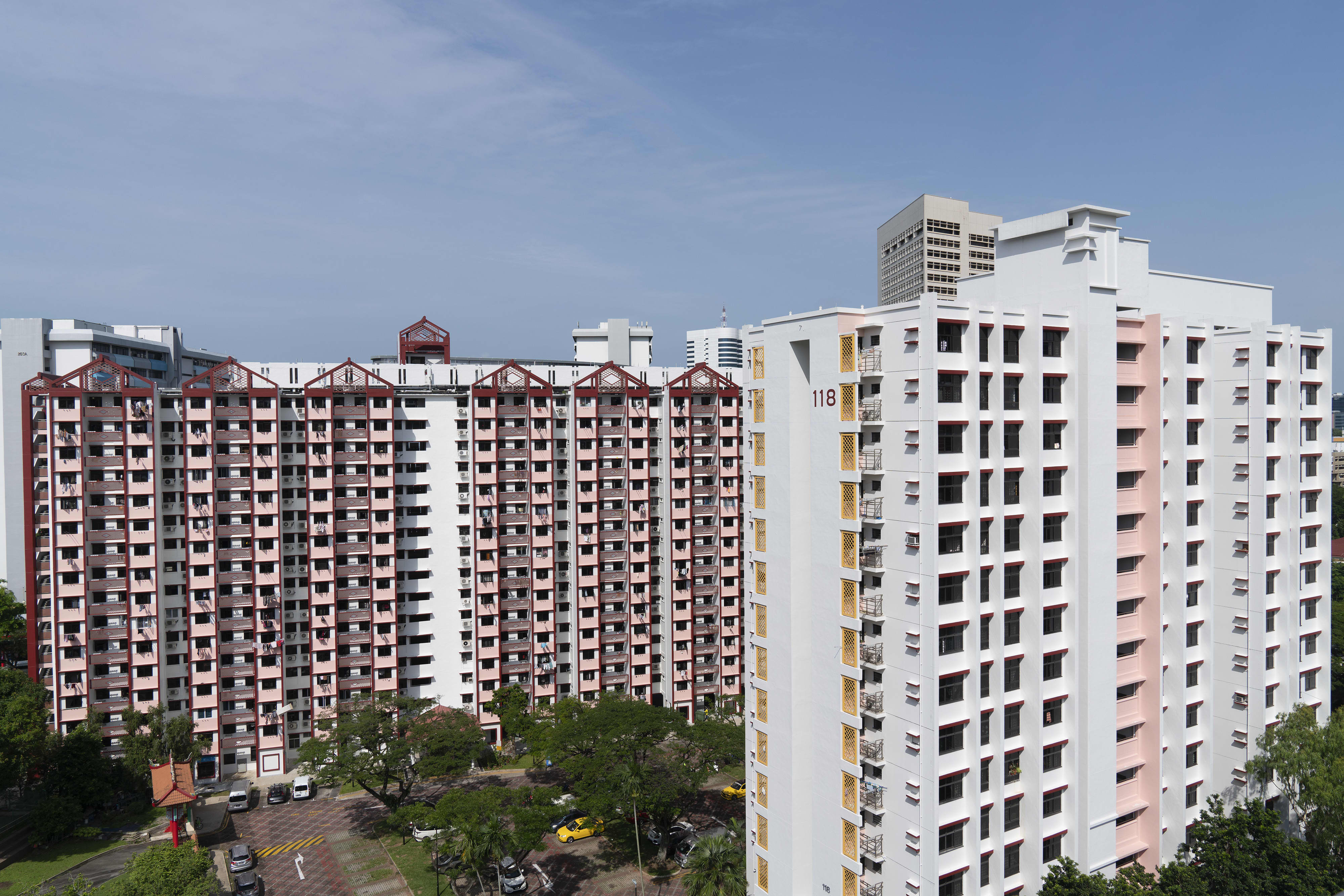SINGAPORE — Singapore’s government on Tuesday said it will again tighten Covid-19 measures, including a ban on dining at food establishments, as new cases continue to rise.
Given the current rate of transmission, authorities said they expect infection cases to rise sharply, spreading the virus to others in the community.
“This is very concerning, as it can affect many people in our community all over the island,” Singapore’s health ministry said.
Health ministry data showed last week, there were 480 community cases, a significant jump from the 19 reported in the previous seven days.
The new restrictions will go into effect from Thursday, July 22 through to Aug. 18.
What are the new measures?
Restrictions that will be re-imposed include:
- The number of people allowed to gather would be reduced from 5 persons to a maximum of 2 persons.
- Households will be allowed to receive only 2 distinct visitors each day, not counting grandparents caring for their grandchildren.
- Dining out will be banned, but restaurants, food courts and hawker centers will be allowed to offer takeaways.
- Strenuous indoor sports and exercise activities, which typically require masks to be removed, will cease.
- Large-scale events including live performances and wedding receptions will be be scaled down and pre-event testing will remain an essential measure.
- Work from home remains the default option for most companies.
Tuesday’s measures followed as the city-state reported 172 new cases on Monday, including 163 locally transmitted infections. It was the highest number of daily reported cases since last August.
Majority of those cases were tied to two large clusters — Jurong Fishery Port, where fishmongers collect their stock to sell at markets and food centers, and the so-called KTV lounges, or karaoke bars — which involve customers socializing with hostesses.
Jurong Fishery Port is closed until the end of the month to try and break the chain of transmission, while workers there have been placed under quarantine.
Singapore banned nightclubs, bars and KTV lounges from operating since last year because activities on the premises are seen as high risk. Some of those establishments, however, continued operating as food and beverage outlets. A number of them are suspected to have breached Covid-19 rules by providing hostess services.
New cases in the city-state rose substantially in recent days. Last week, Singapore had revised its Covid restrictions in light of the rise in cases — days after easing some measures.
Nearly half the country’s population has been fully vaccinated, according to authorities. But a number of “vulnerable individuals” such as older people have yet to vaccinate against the virus.
